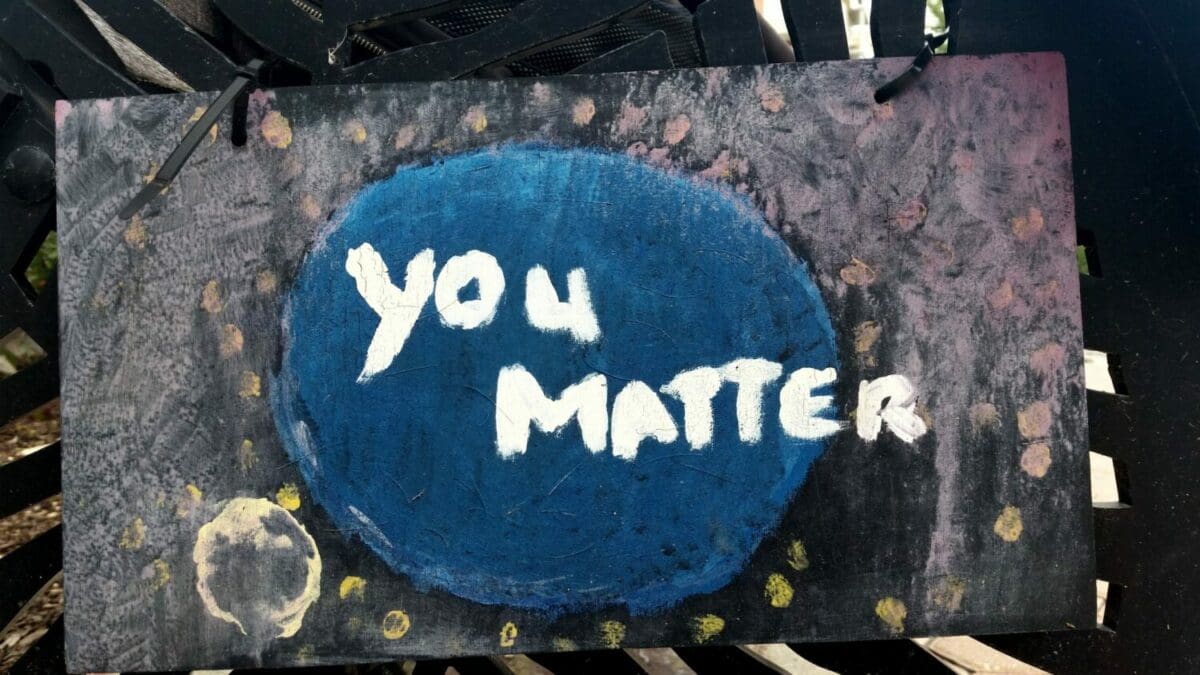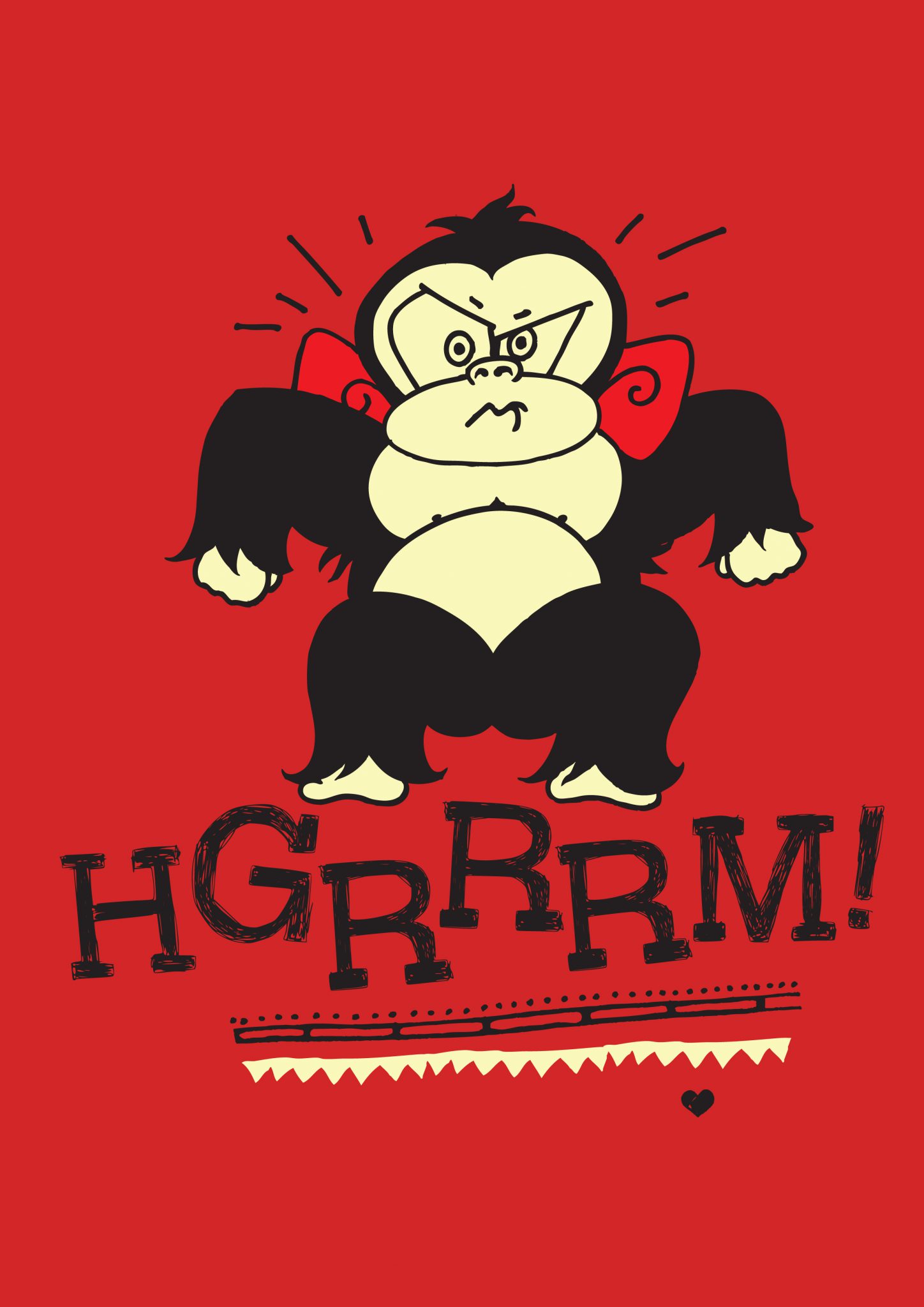
Who are you?
July 27, 2016 in Educate Yourself
What words describe you? If someone did not know you at all – how would you describe yourself? You could probably make a long list of things. People are not one-dimensional. And even if most of the time you are one way, in certain situations you might be the opposite. Let’s say most of the time you are a peace maker – but if someone makes fun of your sister, you will pick a fight with them. There may even be things about you that seem to be opposites – but they are both there in you.

Photo Credit: Tulane Publications via Compfight cc
You might have a lot of skill in math and science – but when it comes down to it, you could spend all your days just drawing with a charcoal pencil. I think you get it. People have many sides to them. And in one snapshot of their lives – they are one way – at another stage they might have left certain things behind and now there are new adjectives to describe who they are.
That being said, what does it mean to get a mental health diagnosis? Now is this something else that describes you? Does it put a damper on your life – what does it mean when someone uses a word to describe you? He’s a depressed guy. She is an anxious girl. Sometimes when people use labels on you – it feels like a condemnation. Maybe it feels like they are really saying – he’s depressed – that means he is weak, no good, a failure at life, and he’ll never amount to anything. Maybe it feels like they are really saying – she’s anxious – that means she worries too much for no good reason, she takes everything seriously, and cries and complains too much about everything.
Think – are those things true? How could you have been something else – and now this label makes you a one-sided person. Sometimes labels can make us feel so very small. Or feels like getting one means we are doomed. In medicine, a more humanizing way to talk about any illness is instead of saying: “Sally is a depressed 15 year-old girl” saying “Sally is a 15 year-old girl who has depression.” What’s the difference? The difference is that Sally is a multi-dimensional person and depression is only one part of the story.
Some people do not want to get help because they don’t want to own a label. Well, no one is a label. For the sake of figuring out how to help people, sometimes medical people will use labels so they can make a plan of what can help someone. But in reality, everyone’s illness is unique and different, has a different course, and could have been caused by different things. Using these labels is a simple way to talk to each other so we can communicate and try to help. Remembering each person is unique and not a label is always something to keep in mind.
Have you ever felt ashamed of being labeled as being sick? How did you cope with this?
















Recent Comments